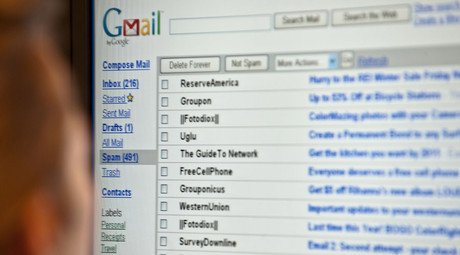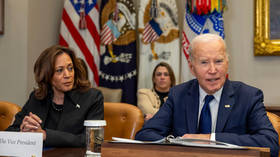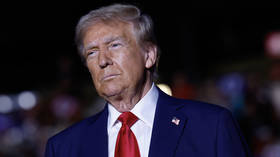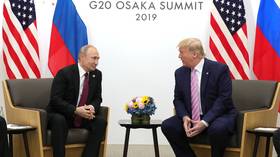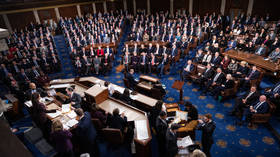Every single member of House votes to require warrants to access all emails
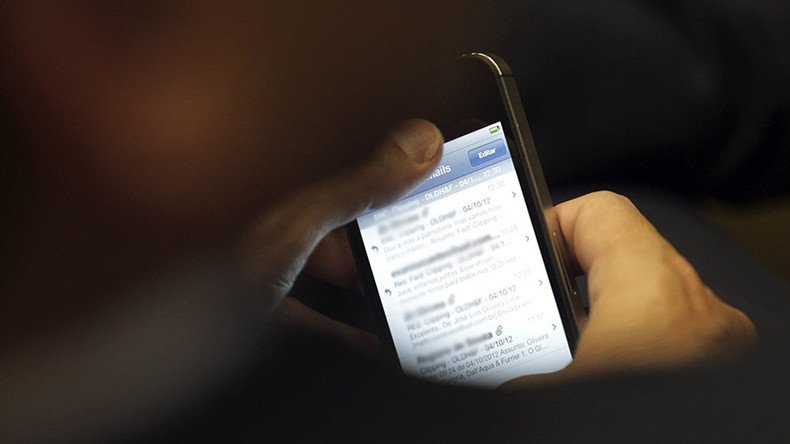
The House voted 419-0 on a bill requiring law enforcement to obtain a warrant to look through Americans’ emails, no matter how old they are. The bill would update a 30-year-old law that doesn’t require a warrant for emails older than 180 days.
The Email Privacy Act, HB 699, closes a loophole in the 1986 Electronic Communications Privacy Act that allows emails to be accessed by law enforcement with only a subpoena to the company storing them – not a warrant – if the stored communication is more than 180 days old.
It was swiftly and unanimously passed on to the Senate, following a unanimous vote by the House Judiciary Committee earlier this month. The bill garnered a historic 314 co-sponsors, almost three-quarters of the house, with many legislators agreeing that the bill is long overdue.
“Under current law, there are more protections for a letter in a filing cabinet than an email on a server,” said Representative Suzan Delbene (D-Washington) during the 40-minute debate period.
The bill originally had even stronger protections on privacy, requiring law enforcement to notify the person whose electronic communications are being accessed within 10 days. However, to alleviate concerns brought forth by law enforcement organizations, this provision was removed in an amendment added by the House Judiciary Committee chairman Bob Goodlatte (R-Virginia). Now notification would be at the discretion of the third-party service storing the email.
Bipartisan support for the potential law exists within the Senate version as well, with Democrats such as Dick Durbin of Illinois and Republicans such as Ted Cruz of Texas co-sponsoring the bill.
